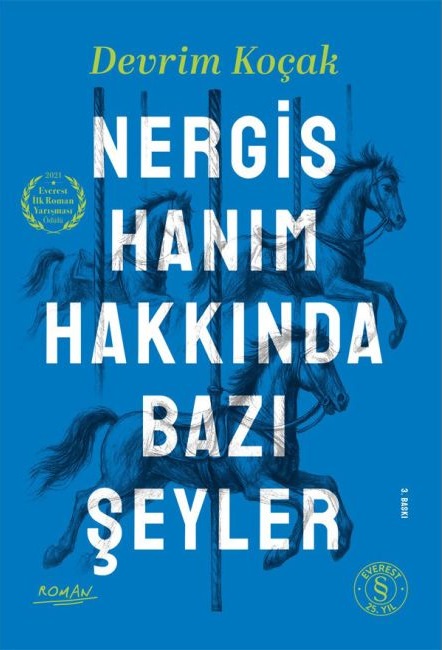Sisyphus’un Taşı ve Godot’nun Bekleyişi: Anlamsızlığın Sonsuz Döngüsü
Ergün DOĞAN Sisyphus Efsanesinin Kökeni ve Anlamı Yunan mitolojisinde Sisyphus, kurnazlığı ve tanrılara meydan okumasıyla tanınır. Homeros’un anlatılarından başlayarak, Sisyphus’un hikayesi, insan iradesinin sınırlarını ve tanrısal otoriteye karşı gelmenin sonuçlarını sorgular. Sisyphus, ölümü kandırmaya çalışır ve bu nedenle sonsuza dek bir kayayı tepeye yuvarlamakla cezalandırılır; ancak kaya her defasında aşağı
OKUMAK İÇİN TIKLA

